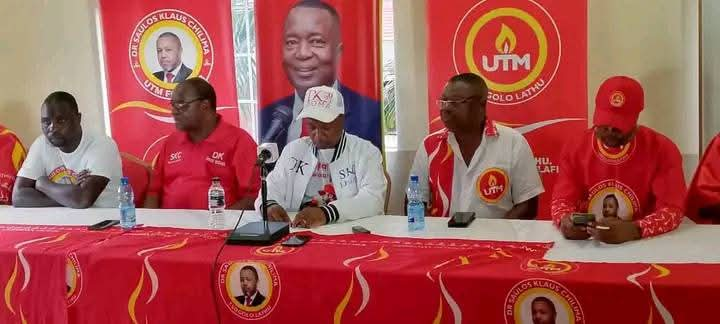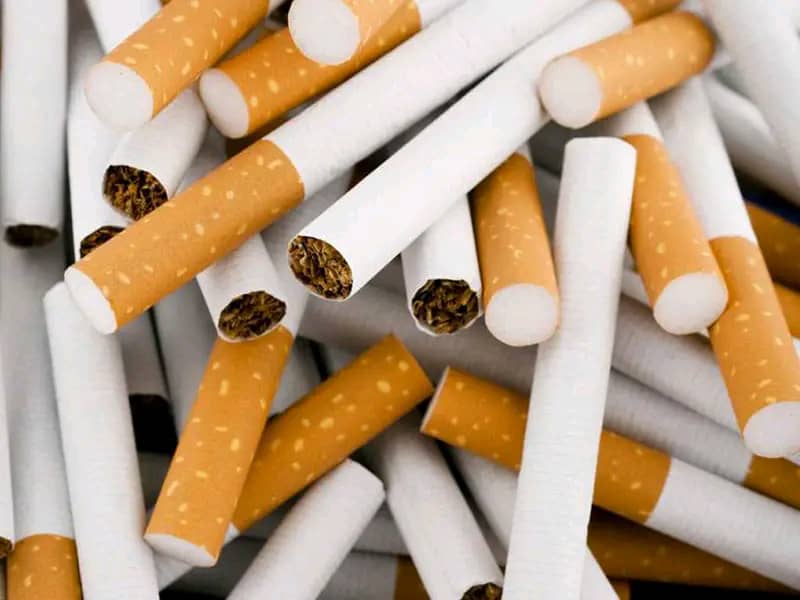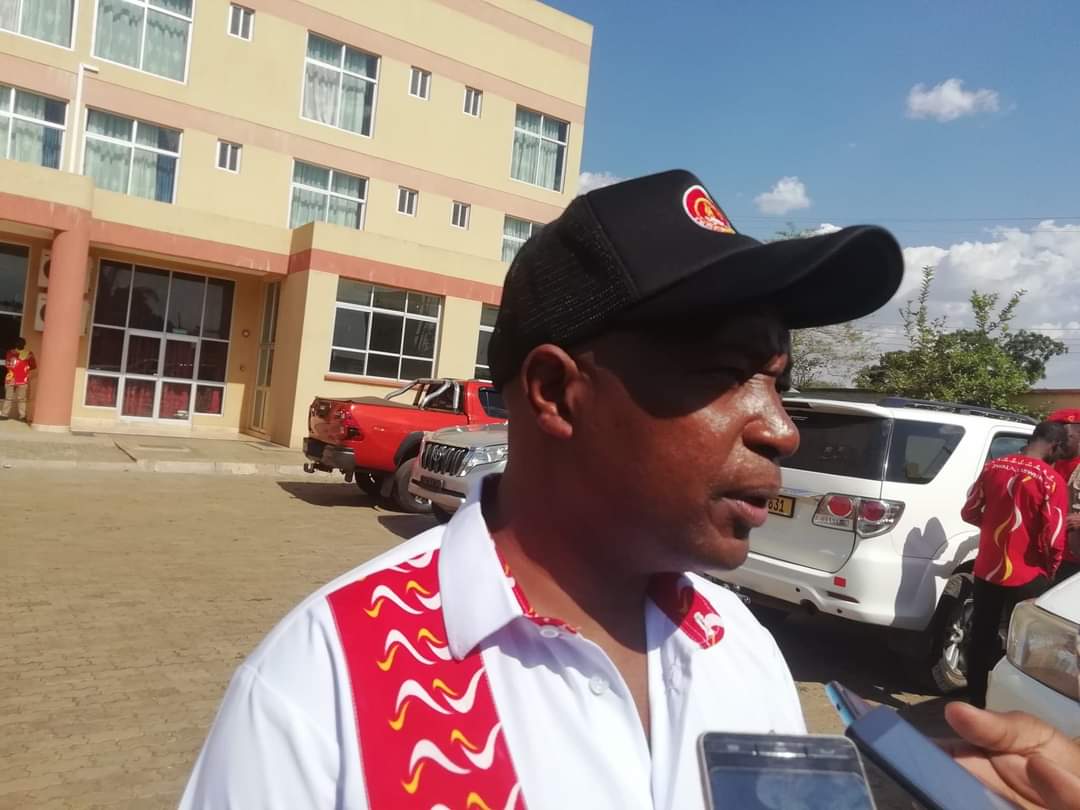Of demonstrations and the Law
It is illegal to arrest anyone who is peacefully staging a demonstration because the right to demonstrate peacefully is (un)policed.
President Chakwera and Tonse Alliance got into power because of a year-long spate of (un)peaceful demonstrations and therefore it is folly for the same administration that came to power through demonstrations to start arresting people for demonstrating.
Here is a Supreme Court Judgment, in part, delivered by His Lordship Justice of Appeal Lovemore Chikopa Sr. which makes it into law that is illegal for anyone to ban demonstration.
THE CASE
Attorney General (of the Republic of Malawi) v. Gift Trapence (of HRDC)
CASE ANALYSIS
The Supreme Court of Appeal of Malawi ruled that a series of protests could continue despite violence and criminality that had marred previous protests.
After a contentious election result in May 2019, opposition leaders challenged the result in court, arguing that there were vote-counting irregularities, and a civil society organization convened mass demonstrations calling for the resignation of the chairperson of the Electoral Commission.
The Supreme Court of Appeal dismissed the Attorney General’s application for an injunction preventing future demonstrations focused on the election result until the issue of violence had been resolved and the opposition leaders’ court challenge had been finalized.
The Court ruled that it was not the sole responsibility of demonstration convenors to ensure non-violence during demonstrations and rejected the Attorney General’s statement that the police lacked resources to ensure safety of the public and property around the demonstrations.
THE FACTS
In May 2019, the presidential elections in Malawi were won by the incumbent, Peter Mutharika.
However, the two opposition candidates, Lazarus Chakwera and Saulos Chilima, disputed the result, claiming that there had been vote-counting irregularities.
The opposition leaders had initially sought an injunction in court preventing the Malawi Electoral Commission from releasing the results but then, after the Court ordered the release of the results, they filed a petition in the High Court challenging the results in June 2019.
In September 2019, the Malawi Human Rights Defenders Coalition and its office bearers, Gift Trapence and Timothy Mtambo, (the convenors) organized a series of demonstrations calling for the sacking of the head of the electoral commission as a result of the controversial election.
These protests were marred by violence.
After the first round of demonstrations, the Attorney General approached the High Court seeking a declaration that the demonstrations were illegal because the issue of the legitimacy of the election was sub judice (still under consideration by the Court) and that the convenors should not be permitted to hold further demonstrations until they had financially compensated those who suffered loss due to damage during the previous demonstrations.
In addition, the Attorney General sought an interim injunction restraining the convenors from holding any other demonstrations until the matters of the legality of the demonstrations and the case involving the 2019 presidential election had been determined by the Court.
The Supreme Court of Appeal initially allowed all parties to explore the possibility of a settlement and ordered the convenors of the demonstrators to refrain from organizing demonstrations for fourteen days.
The parties reported back to the Court following the meetings indicating that a settlement had not been reached. The Court then heard argument on the merits.
THE DECISION
His Lordship Justice Chikopa delivered the unanimous decision of the Malawi Supreme Court of Appeal.
The central issue before the Court was to determine whether the Attorney General’s request to prohibit demonstrations against the election results could and should be granted.
The Attorney General argued that he did not seek a ban on demonstrations and was only concerned about the violence and criminality that accompanied the demonstrations.
He submitted that although he had no objection to the hosting of peaceful demonstrations there was, at present, no way of ensuring that the demonstrations organized by the convenors would be peaceful and so argued that the Court should interdict demonstrations until a way to ensure non-violence was achieved or until the matter had been finalized in Court.
The Attorney General submitted that, although the right to demonstrate peacefully and without arms is one of the constitutional rights, the right to peacefully and non-violently demonstrate cannot take precedence over other citizens’ enjoyment of other rights.
He argued that there “must not be, as is the case now, an overemphasis on the right to demonstrate at the expense of all other rights” and asked the Court to balance the rights to economic development and freedom of movement and the right to demonstrate peacefully.
The convenors of the protest submitted that they only organize violence-free and unarmed demonstrations and that they begin each demonstration by stressing to the participants the importance and meaning of peaceful and unarmed demonstrations and the need to refrain from causing damage to property or injury to persons.
At the same time, they acknowledged that there had been violence and damage and injury to persons and property at previous demonstrations but maintained that this was because of a lack of protection provided by the police and of criminal elements taking advantage of the demonstrations.
They submitted that an “otherwise peaceful general public should not be denied the exercise of their right to demonstrate peacefully and unarmed due to the police’s inability to, for whatever reason but including incompetence, do their work.”
The Court recognized that the case was not primarily about banning demonstrations but rather about the request from the Attorney General for respite until the matter was finalized or a way to end the violence was found.
However, Justice Chikopa stated that “for as long as the effect of the Attorney General’s request is the cessation of demonstrations then there is not much difference between the Executive banning the demonstrations and it asking the Judiciary to do it on their behalf.”
With reference to The State v. The President of Malawi Miscellaneous Civil Cause Number 78 of 2002 the Court noted that an executive order banning demonstrations is likely “legally untenable.”
In examining the constitutional framework, the Court emphasized that “since 1994 we have not just a new constitution but a totally new constitutional dispensation. One that prioritizes human rights and constitutional supremacy.”
Accordingly, His honour, Judge Chikopa ruled that an act of government that is contrary to the Constitution is invalid and of no effect.
The Court made specific reference to section 12 of the Constitution which states that “as all persons have equal status before the law the only justifiable limitations to lawful rights are those necessary to ensure peaceful human interaction in an open and democratic society.”
The Constitution sets out principles of national policy, including requiring the state to promote the welfare and development of Malawians by adopting policy and legislation that helps to achieve the peaceful settlement of disputes and to promote law and order and respect for society through civic education.
Section 38 of the Constitution provides that “every person shall have the right to assembly and demonstrate with others peacefully and unarmed.”
Section 44 requires that limitations to the rights in the Constitution can only be done if they are prescribed by law and are “reasonable, recognised by international human rights standards and are necessary in an open and democratic society.”
With reference to the Malawian cases of The State v. The President of Malawi, Chiume v. AFORD Civil Cause High Court of Malawi Mzuzu Registry Number 108 of 2005 and Ajinga v. UDF Principal Registry Civil Cause Number 2466 of 2008, the Court highlighted that courts are not best placed to adjudicate political matters as “[p]olitical matters are more amenable to political solutions.”
In conclusion, the Court rejected the Attorney General’s application for an injunction stopping all demonstrations until the question of violence and criminality could be settled and held that there are “better ways of dealing with the violence and criminality.”
The Supreme Court ruled that, rather than stopping demonstrations, a better response would be to better resource the police, and commented that stopping demonstrations would allow the police to “benefit from their own inefficiencies.”
What happened to the respect of the Rule of Law as enshrined in the Hi-five statue?
Source: Global Freedom of Expression,
Columbia University, USA.





